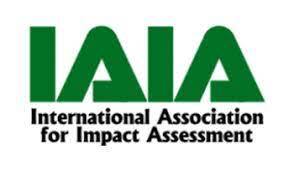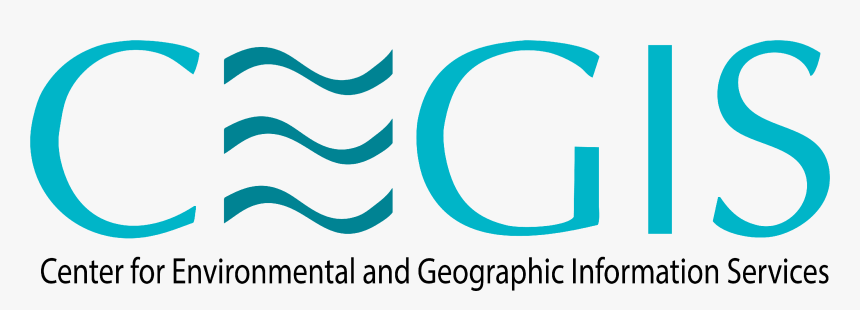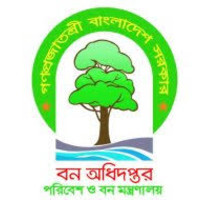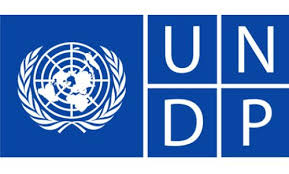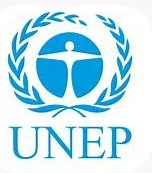
October 2025 - ongoing: Consultant. Development of SEA training course. Commissioned by UNEP
![]()
April 2025 - ongoing: Lead consultant. Development of SEA Guidelines for Nepal. Commissioned by World Bank, ADB and IFC
![]()
October - November 2024: Lead Consultant. Stocktaking of SEA/SESA experience in Nepal, and of energy sector strategic development.
Commissioned by World Bank
July 2024 - June 2024. Lead Consultant. Developing training materials and courses on applying SEA to the Energy Transition, and organising a pilot course in Asia. Contracted by International Association for Impact Assessment (funding via IFC)
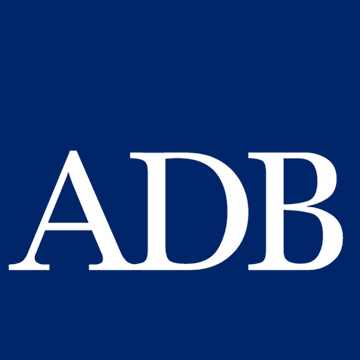
June 2023 - December 2024: Sole consultant. Advising ADB and coordinating country SESA's in Indonesia and Philippines on Energy Transition
![]()
February - April 2023: Sole consultant: Advice on process and review of draft and final reports for Strategic Environmental and Social Assessment (SESA) of Mauritania's hydrocarbon sector. Commissioned by Cieragroup, Canada,

February 2022 - March 2023: Sole consultant: Regional scoping for Strategic Environmental and Social Assessment (SESA) of the Energy Transmission Mechanism (ETM) in South East Asia.
For regional scoping report - click here
February 2022 - July 2024: Lead consultant. Development of SEA Guidance for the Energy Transition (focus on hydropower, wind, solar, tidal, geothermal, bioenergy and retirement of coal-fired power plants and associated coal mines). Contracted by the International Association for Impact Assessment. Launch phase: Global inventory of existing SEA guidelines and scoping content for new Guidance for renewable energy. Development phase: Preparation of Guidance.
For inception Report - click here
For inventory of SEA guidelines - click here
For Guidance on applying SEA to the Energy Transition - click here
For an interview with Barry Dalal-Clayton and his co-author, click here
January 2020 - December 2021: Team Leader for an SEA of the SW Region of Bangladesh for the Conservation of the Sundarbans.
Commissioned by the Bangladesh Forest Department. Engaged by Integra Consulting in collaboration with the Center for Environmental and
Geographic Information Services (CEGIS), Bangladesh. Team of 40 experts.
Activities included: screen 89 policies, plans and programmes; scoping (stakeholder consultations, identifying key and priority issues; review of
laws and regulations, preparation of baseline theme papers; preliminary assessment of impacts of development in SW Region under 3 macro-
economic growth scenarios (high, medium and low); detailed assessment of high growth scenario; preparation of strategic environmental
management plan.
Click here to access all SEA documents
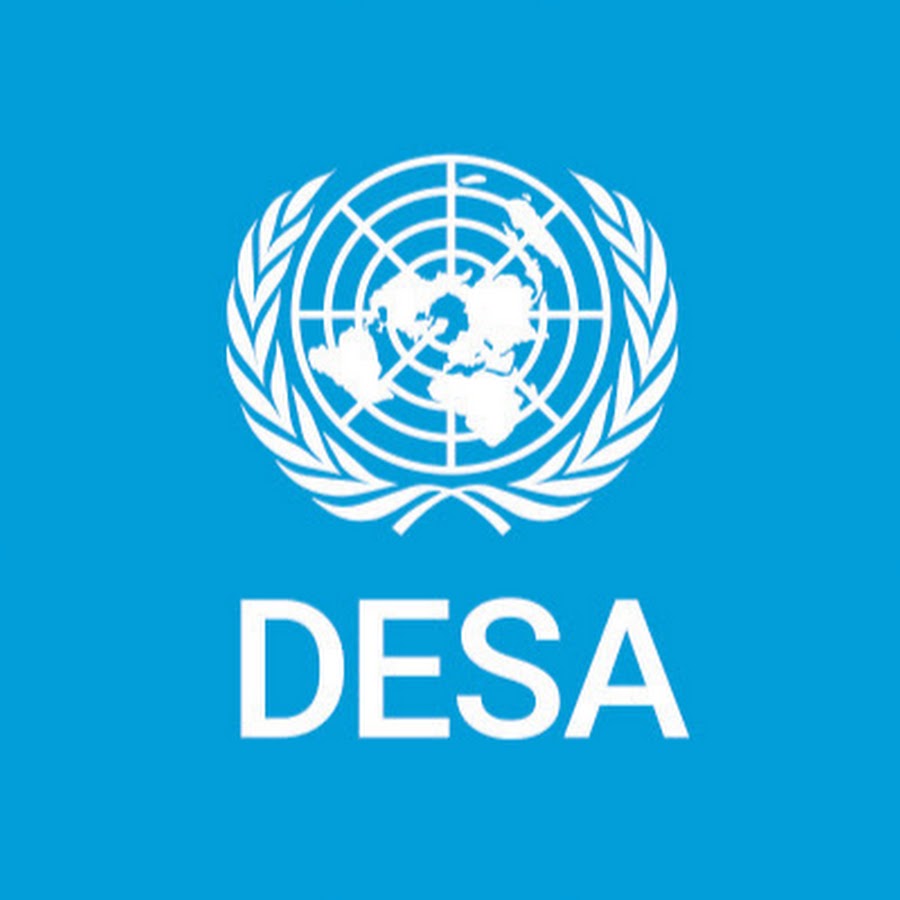
October - December 2020: Consultant to UN Department of Economic and Social Affairs. Training webinars for National Planning Commission
of Namibia on capacity building on public policy development, review, evaluation and coordination for the acceleration of the SDGs in
Namibia.
March - December 2020: Lead Adviser to Government of Federated States of Micronesia for SEA of Kosrae Island, focused on revising the
Kosrae Land Use Plan. Engaged by UNDP.
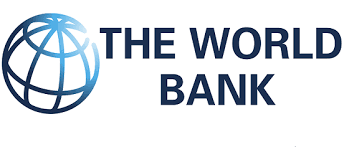

May 2019 - Jun 2020: International Consultant for Assessment of Philippines Environmental and Social Safeguards Framework. Phase 1 - Stocktaking involving: review of laws, institutions, responsibilities, capacity, rules, regulations, procedures, tools and practices; case projects (World-Bank funded and domestic), institutional and stakeholder consultations
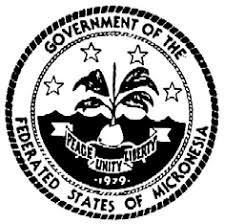
September 2018 - February 2020: International Consultant. Lead for SEA to inform integrated land and marine planning and management in the Federated States of Micronesia (FSM). Support to GEF/UNDP Ridge-to-Reef project (2015-2020). Phase 1: scoping mission. Phase 2. SEA of economic growth and climate scenarios and preparation of Integrated Environmental Management Plan (IEMP) for Pohnpei State. Phase 3: Monitoring IEMP implementation and assessing successes and lessons. Assignment involves: environmental baseline study (terrestrial & marine); ; review of national and State legislation, policies, and regulations; scenario development; capacity survey of government departments and NGOs; stakeholder consultations, workshops & focus groups; SEA training workshops; mapping options for linked land-marine protected areas; sensitivity mapping.

October 2017 - March 2018: Lead consultant. Support to Namibian Department of Environmental Affairs (DEA) to (Phase 1) develop Regulations for EIA, SEA and Environmental Assessment Practitioners and Guidelines for Namibia as a component of implementing the Environmental Management Act 2007; and (Phase 2) prepare supporting guidelines and training. Assignment involved review of policies, legislation and current regulations, stakeholder consultations on key issues and gaps, drafting of new regulations, and support with gazetting. Phase 2 to prepare supporting guidelines anticipated.
![]()
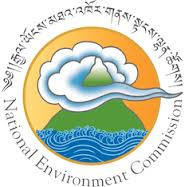
May - December 2016: Technical support to Asian Development Bank and Bhutan's National Environment Commission: development of SEA Guidelines for Bhutan; development and delivery of SEA training course; leader of preliminary SEA of Road Sector Master Plan - with focus on Southern E-W Corridor Highway (Lholam) involving stakeholder consultations, scenario development, identification of alternatives, sensitivity mapping, linkage analysis & cumulative effects analysis


October 2015 - April 2016: Contributing to the World Bank's safeguards review process through analysis of the World Bank's past experience of using Borrower Environmental and Social Frameworks (ESF) , Development Policy Lending and applying the Poverty for Results (P4R) approach; and developing a methodology for appraising how Borrower ESFs are materially consistent with the World Bank's new Environmental and Social Standards, and developing .

November-December 2015: Technical support to National Environment Commission, Bhutan - scoping and preparation of TOR for SEA of proposed National Capital Region, Bhutan

May -July 2015: Development of Terms of References for SEAs of coastal development hubs in Namibia (for the Namibia Coast Conservation & Management Project, NACOMA, Ministry of Environment and Tourism). The central and southern coastal areas of Namibia are developing rapidly with expansion of pots, industries (particularly mining), towns and tourism. But these developments are happening in an uncoordinated manner. SEAs are to be commissioned to address the nexus of environmental, social an d economic synergies and antagonisms, and their impacts
May - July 2015: Review of SEAs of the coastal areas of Karas and Hadap Regions, Namibia (for the NACOMA)
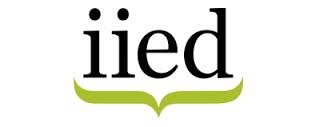
February - March 2015: (a) Development of an policy paper linking Botswana’s emerging national Vision with the global SDG framework, with recommendations on how Botswana can domesticate the SDGs and realise them through implementing the new Vision; and (b) review of the national Framework for Sustainable Development under formulation. Commissioned by the International Institute for Environment and Development, supporting UNDP and the Department of Environmental Affairs, Botswana. [For report, click here}

October - December 2015: Resource person for Regional Forum on SEA and preparation of Policy Brief and Chapter on SEA in the current development context and its worldwide application (for Greater Mekong Subregion Environmental Operations Centre / Asian Development Bank)
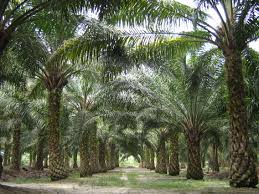
August 2014: Review of Environmental and Social Impact Assessment report for Tarjuwon Oil Palm Development Project, Liberia (for Global Witness)
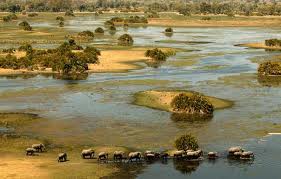
Phase 1: July 2014 - August 2015): Technical support to UNDP and the Department of Environmental Affairs, Botswana, to integrate a sustainable development approach into the development of Botswana's 11th National Development Plan and the 'Vision Beyond 2016' process. This included training workshops for district planners on sustainable development tools, awareness-raising workshops on sustainable development for government officials, developing scenarios and undertaking sustainability appraisals of five key sectors of the economy: mining, agriculture, energy, tourism and water [ for report on sustainability appraisals, click here].
Phase 2 (October 2015 - August 2016): Development of methodology to engage Thematic Working Group on addressing SD issues, workshop facilitation and synthesising outcomes in technical report, drafting thematic chapter of NDP11 on SD, development of tool to appraise prospective NDP11 projects, reviewing NDP11 thematic chapters for SD compliance and checking for synergies and conflicts, preparing technical advisory guidance note consolidating SD issues for Botswana’s new Vision
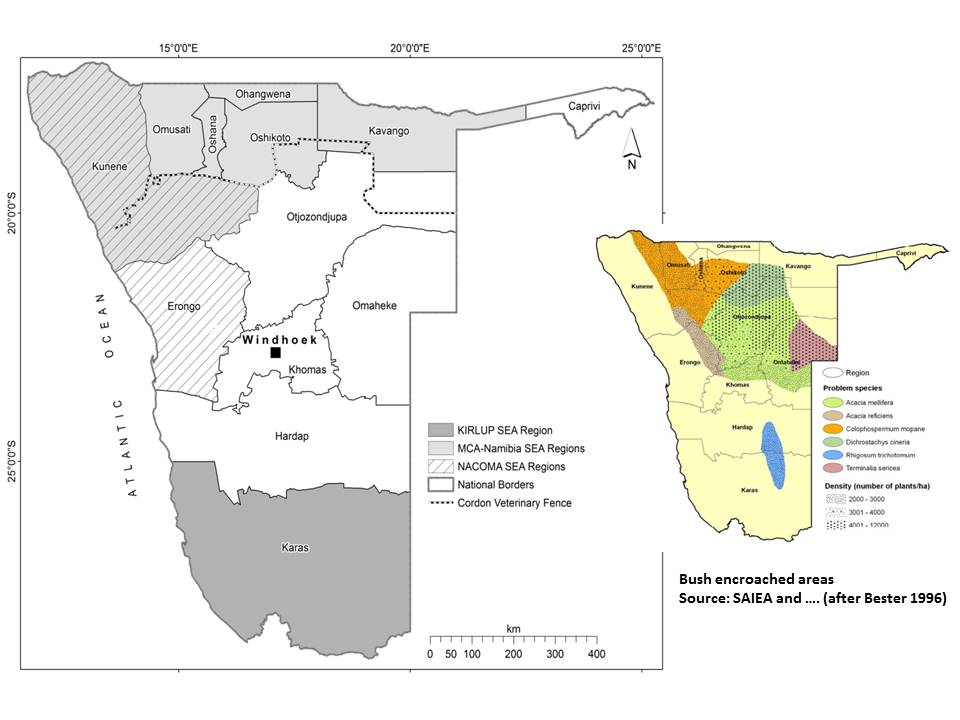
October 2013 - April 2014: Independent review of a suite of SEAs for the Namibia Department of Environmental Affairs, supporting the development of SEA regulations.
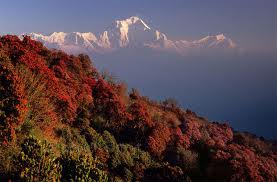
September 2013 - May 2014: Team Leadership for preparing a Strategic Environmental and Social Assessment (SESA) and Environmental and Social Management Framework (ESMF) for Nepal's REDD+ Strategy.
Nepalese people are highly dependent on forests and forest products to fulfill energy demands and for timber for construction and maintenance of houses and buildings. The main reasons for the conversion of forest areas are encroachment for resettlement/agriculture, and acquisition of forest area for infrastructure development including road expansion.
The deforestation and degradation of forest accounts for a significant amount of carbon dioxide released to the atmosphere through the combustion of forest biomass and decomposition of remaining plant materials and soil carbon. Research carried out by the IPCC has revealed that almost 20% of carbon dioxide released to the atmosphere comes from global forest degradation and deforestation. As a result, attention has focused on the need to reduce emissions from deforestation and forest degradation, popularly known as REDD.
In September 2013, the REDD Forestry and Climate Change Cell (REDD Cell) of the Government of Nepal’s Ministry of Forest and Soil Conservation (MFSC) commissioned a Strategic Environmental and Social Assessment (SESA) of the REDD+ Strategy together with an accompanying Environmental and Social Management Framework (ESMF). It was undertaken by an international team led by Barry Dalal-Clayton.
The overall objective of this integrated assessment was to identify opportunities to mitigate environmental and socioeconomic risks under the implementation of a REDD+ mechanism in Nepal. The SESA was also to identify where REDD+ could improve development activities and other environmental measures adopted to combat climate change.
The following SESA and ESMF reports can be downloaded:
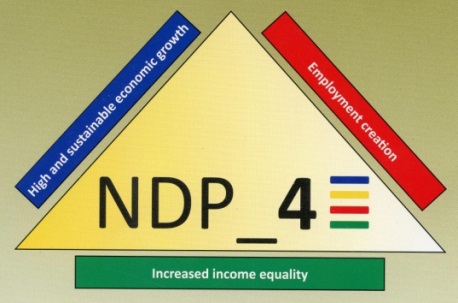
August 2013: Lead consultant: Rapid SEA of Namibia's Fourth National Development Plan (for Ministry of Environment and GIZ). For report, click here

